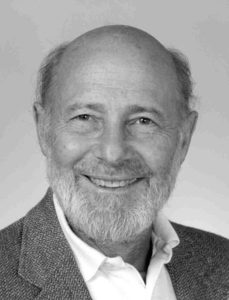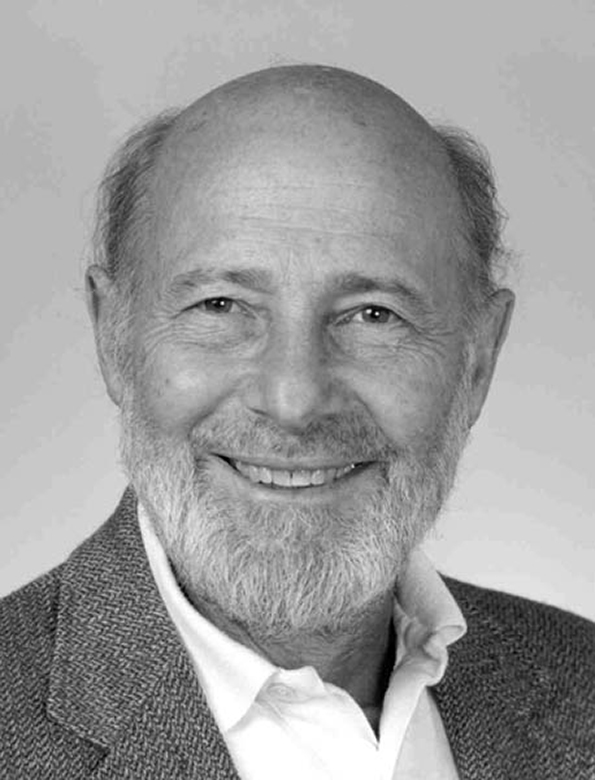
Joseph Keller, professor emeritus of mathematics and mechanical engineering, died at his home in Palo Alto from kidney cancer on Sept. 7 at 93 years old. Best known for his geometrical theory of diffraction, Keller devised solutions to science and engineering problems.
Praised by admirers for his intellectual curiosity and playful approach to mathematics, Keller studied a diverse array of issues ranging from oscillations in runners’ ponytails to atomic explosions.
Keller’s “asymptotic analysis,” which allowed him to approximate answers to problems with no exact solutions, earned him renown in the mathematics world. Upon awarding him the Wolf Prize in Mathematics in 1997, the Wolf Foundation noted that he “brought a deep understanding of physics and a superb skill… to an astonishing range of problems,” calling him “the model of what a mathematician interested in a wide variety of physical phenomena can and should be.”
His life’s work earned him many more of his field’s highest honors. In addition to the aforementioned Wolf Prize in Mathematics (1997), he received the Frederick E. Nemmers Prize (1996), the National Academy of Sciences Award in Applied Mathematics and Numerical Analysis (1995), the National Medal of Science (1988), the Timoshenko Medal (1984), the Eringen Medal (1981), the von Karman Prize (1979) and eight honorary doctorates. Keller was also a member of the National Academy of Sciences, among other prestigious academic groups.
Interested in mathematics since his youth, Keller was born in Paterson, New Jersey to Isaac Keiles and Sarah Bishop. He graduated from East Side High School in Paterson, where he competed on the math team. He received his Ph.D. in mathematics in 1948 from New York University, where he remained as a professor until 1979.
After moving to Stanford, he earned emeritus status in 1993. He was also a member of the Geophysical Fluid Dynamics summer program at the Woods Hole Oceanographic Institution in Massachusetts.
Keller is survived by Alice Whittemore, his wife and professor of health research and policy and of biomedical data science at the School of Medicine. The Stanford Faculty Club will host a memorial from 4:00 p.m. to 6:30 p.m. on Oct. 29. Another memorial will take place next summer in Woods Hole, Massachusetts.
Contact Miguel Samano at msamano ‘at’ stanford.edu.
